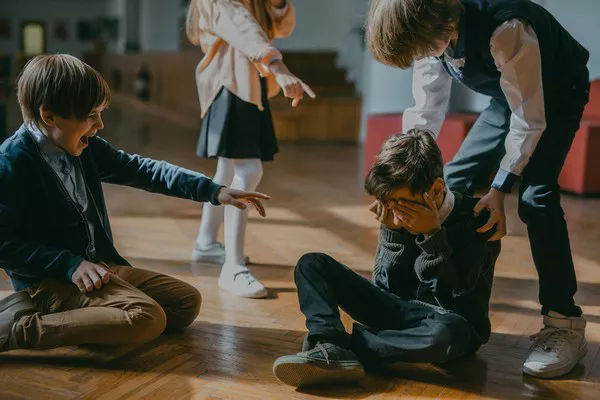Abstract
In the contemporary technological landscape, adolescents in Saudi Arabia find themselves immersed in a digital world marked by widespread access to personal devices and various social media platforms. This study delves into the potential repercussions of this technological immersion on the mental well-being of adolescents, addressing concerns such as social isolation, internet addiction, exposure to inappropriate content, depression, cyberbullying, and sleep disturbances. The research aims to comprehensively examine the impact of social media on the mental health of adolescents within the Saudi Arabian context.
Methods
Conducted as an online cross-sectional study, the research spanned the period from August to November 2023, targeting Saudis aged 10 to 24 with active social media accounts. Binary logistic regression analysis was employed to identify factors contributing to the likelihood of mental health impacts arising from social media usage.
Results
A total of 2856 participants engaged in the study, with Twitter emerging as the most widely used social media platform (30.3%). Notably, 77.4% of participants reported attempts to curtail their social media usage for mental health reasons. Predominantly, participants expressed concerns related to disrupted sleep patterns, late-night social media use, and pre-sleep social media checks, with percentages of 71.0%, 66.1%, and 58.3%, respectively. Overall, the participants demonstrated a low level of mental impact from social media, as reflected in a mean score of 7.8 (SD: 3.9) out of 21, equivalent to 37.1%. Age differentials were evident, with those aged 16-24 exhibiting a higher susceptibility to mental impacts from social media compared to their younger counterparts (aged 10-15; p < 0.05). Conversely, participants who were married, possessed a middle school education, or resided in the northern, western, or eastern regions displayed a lower likelihood of being mentally affected by social media (p < 0.05).
Conclusion
While the study indicates a generally low level of mental impact attributed to social media, heightened susceptibility is observed among individuals in the 16-24 age group. The responsibility to mitigate potential negative effects should not solely rest on parents and caregivers. Policymakers are encouraged to advocate for the establishment of technology-free zones and the promotion of in-person friendships among teens to counterbalance the digital influence on mental health.


























